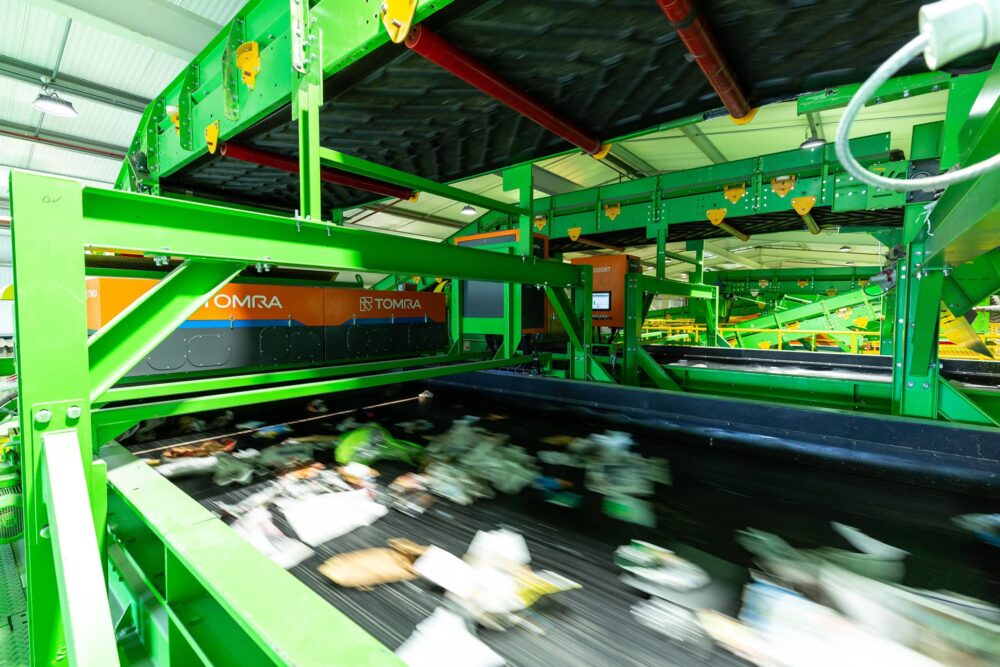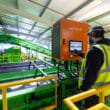
Switching to a six-bin waste collection system would cost £1 billion over seven years, according to latest research.
The recycling experts said costs would quickly mount if the Department of Agriculture, Environment and Rural Affairs (DAERA) decides to opt for the kerbside sort system, one which can mean householders have to sort waste into up to six bins.
It is one of the options proposed in a consultation the government department is running on the future of the region’s household waste collection and runs counter to the simpler three bin system operated in a number of council areas where householders put all their waste in just three wheelie bins.
At present, each of the 11 councils in Northern Ireland have either the three or six bin system and DAERA is considering one uniform method for the whole of Northern Ireland to find a system which is the best for the region’s environment and helps reach fast-approaching 2030 climate targets.
Analysis carried out by environmental consultancy Taggarts looked at the financial impact which a move to the kerbside box system for all council areas would have, taking into consideration all costs associated with the move.
It includes around £90 million for new lorries capable of collecting the boxes (current council bin lorries can only collect wheelie bins); the provision of new boxes around £35 million; a £250,000 annual charge to replace broken boxes and a raft of other costs.
“This would be a colossal amount of money to spend on a needless exercise,” Joseph Doherty, Chief Executive of Re-Gen, said. “A switch to the kerbside sort system would be extremely complicated and costly, leaving councils which have been using the three bin system with a huge cost to transition to the new scheme compounded by increased operational costs every year thereafter.
“Of note, the three bin system encourages more recycling so is better for the environment, is preferred by householders for its simplicity and also produces a premium level of recyclate to help bolster Northern Ireland’s circular economy. We encourage DAERA to adopt the three bin, fully commingled system, and let companies like us at Re-Gen do what we do best: sort waste and produce high quality recyclate.”
DAERA’s own recycling data shows the highest level of recycling is achieved in those council areas which are using the three bin, fully commingled system (one where either a blue or green dry recyclable bin is used), while the lowest level of recycling is found in areas with the kerbside sort system.
In England, the Department of Environment, Food and Rural Affairs announced last month that it would operate the three bin system across the whole region, a move it said was driven by the fact the simpler system leads to higher levels of recycling.
That chimes with initial analysis of the latest survey of householders in Northern Ireland which found the majority prefer the three bin system.
The three bin system, where Re-Gen and others sort the waste using the latest and fast developing technology (such as robotics and artificial intelligence), also produces high quality paper, plastic and metal recyclate which is used by local companies to make new products. With a small investment, glass could also be used by local companies, a move which would help complete the circular waste economy.
To have your say in the consultation talk to your local elected representative or go to: https://consultations2.nidirect.gov.uk/daera/rethinking-our-resources/consultation/



